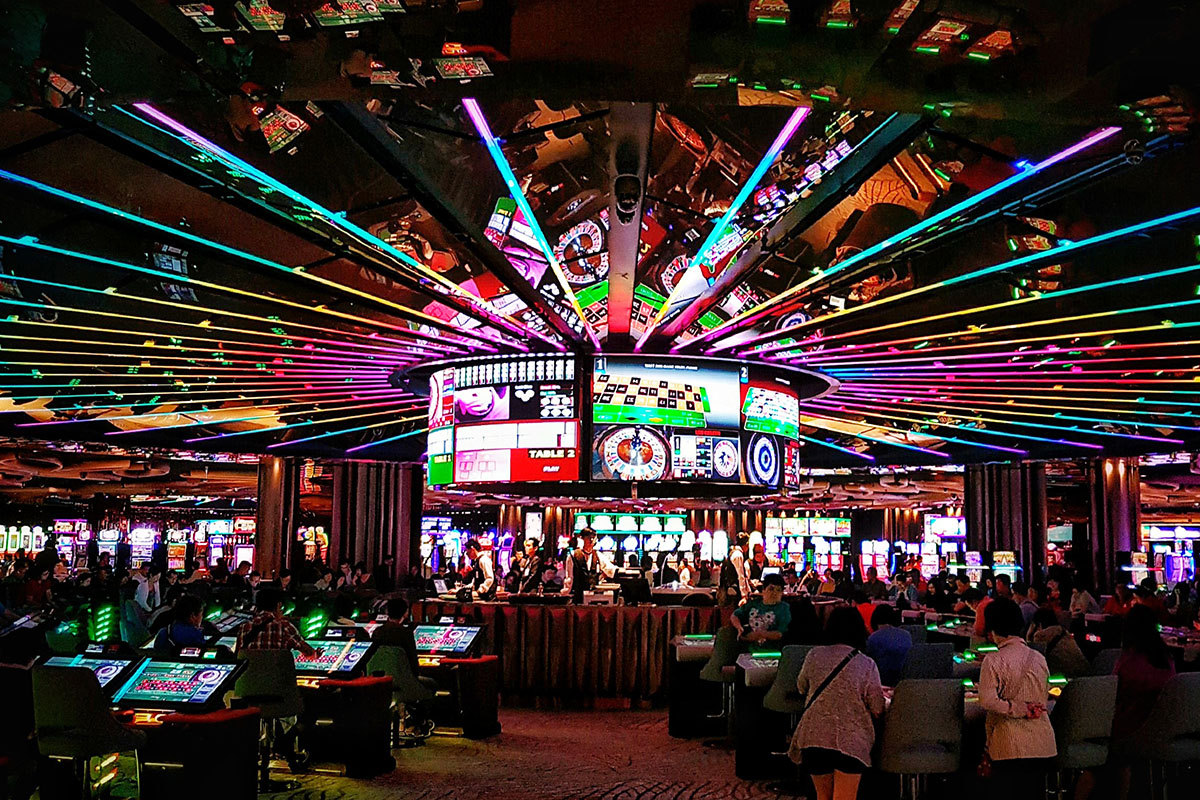
This world of casino gaming has experienced a significant evolution in recent times, propelled by tech progress and shifting player tastes. As more players turn to digital platforms for entertainment, conventional gambling activities are being adapted to meet the needs of a technology-oriented audience. This shift not just includes the shift from brick-and-mortar to virtual environments but also encompasses the evolution of gaming mechanics and user interaction techniques.
In this emerging digital age, video game creators are leveraging cutting-edge technologies to develop immersive environments that resonate with a varied spectrum of players. From online fruit games with stunning graphics to interactive card games that replicate the atmosphere of a real-life casino, the adaptation process is changing how we view and experience gambling games. As we explore this captivating journey, it is evident that the future of gambling lies in the seamless fusion of advanced tech with the timeless allure of luck and tactics.
A Evolution of Gambling Games
Gambling games have undergone significant transformations throughout history, showing transformations in tech, society, and gamer preferences. In early times, simple activities of chance were enjoyed using simple items such as rocks and animal remains. As civilizations evolved, so did the complexity of these games. The emergence of card games in the medieval period marked a crucial moment, leading to the development of popular titles like poker and 21, which are still played in the present. Over the years, the physical layout of gambling establishments has also transformed, shifting from tiny local locations to large, elaborate establishments.
The 20th century witnessed a revolution in the world of gambling entertainment with the arrival of digital gaming. Fruit machines emerged as a favored attraction, captivating gamblers with their colorful lights and sounds. This era also saw the rise of casino resorts, which combined luxury accommodations with a wide variety of gaming options. The launch of video games further expanded the landscape, allowing for more intricate designs and gameplay mechanics. These developments not only attracted a broader audience but also changed the way casino entertainment were played.
With the rise of the internet in the late 90s and beginning 2000, casino entertainment moved into a new online phase. Online casinos appeared, providing players with the ease of playing from their homes. This shift required gaming developers to reconsider traditional mechanics and adapt them for an engaging digital environment. Today, advancements in tech, including mobile gaming and virtual reality, continue to shape the progress of gambling games, creating immersive experiences that engage gamblers like not before.
Main Highlights of Digital Casino Games
Virtual gambling experiences have changed the way gamers engage with casino gaming by providing captivating experiences that echo the rush of traditional casinos. One of the most notable features is the use of high-quality graphics and animations, creating a visually stunning striking environment. Game creators focus on delivering lifelike themes and engaging storylines that entice players into the game, improving their overall experience. The ability to provide 3D visuals and spectacular sound effects means that players can experience a vibrant atmosphere similar to what they would find on a casino floor.
Another important aspect of digital casino games is the ease of access they offer to users around the world. Web-based services enable individuals to play their favorite games from the comfort of their own homes or on the go through portable devices. This flexibility is accompanied by a wide variety of gaming choices, including slot machines, table games, and live gaming experiences. Players no longer need to commute to a physical location to enjoy their preferred betting experiences, allowing a larger audience to engage with casino games.
Lastly, online casino games frequently incorporate cutting-edge features such as immersive play and community features. Many games now allow players to challenge one another against one another, participate in tournaments, or even share their accomplishments on social media. This transformation encourages a community spirit among players while encouraging friendly competition. Additionally, features like personalized avatars and in-game chat options boost engagement, making the digital gaming experience even more thrilling for all users.
The Future of Online Gaming
When technology advances, the landscape of online gaming is poised for significant evolution. Immersive and augmented reality are creating a buzz, offering players an immersive experience that reflects the atmosphere of being in a brick-and-mortar casino. Zbet These advancements create opportunities for game designers to introduce unique game formats and dynamic elements, reshaping how players connect with their preferred casino games.
Moreover, the integration of AI is enhancing user experiences and tailoring gameplay. AI can assess player behavior, recommend tailored game options, and improve customer support through chatbots. This personalization not only keeps players engaged but also contributes to build a committed community around particular casino platforms, placing them for success in a competitive market.
Ultimately, the rise of mobile gaming is another vital factor shaping the future of online gaming. With an ever-increasing number of players enjoying casino games on their mobile devices, creators are focusing on optimizing their platforms for mobile use. This transition allows players to experience casino games anywhere, paving the way for a more dynamic and accessible gaming environment that attracts a larger audience.